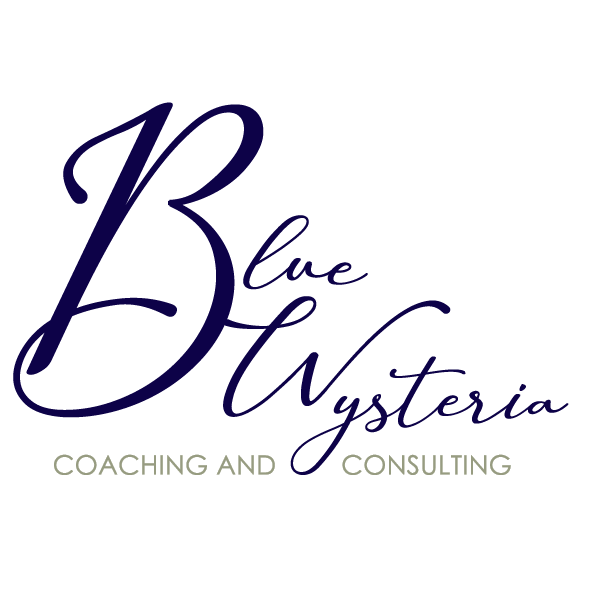Good Leaders Know that Empathy is not Enabling
By Kim Clist Fons, M.Ed., PCC, UWCPC
Over the past 20 years, workplaces have undergone a transformation. As science has expanded our understanding of how experiences, emotions, and even neurology affect employees, there has been a greater call for a kinder, more empathetic leader. In one of her TED Talks, Brené Brown uses this animated clip to explain empathy. In short, empathy is the capacity to understand what another person is experiencing from within their frame of reference and to be with them while they are in it. We all want to show we care but we do not want to tip from empathy into enabling.
neurology affect employees, there has been a greater call for a kinder, more empathetic leader. In one of her TED Talks, Brené Brown uses this animated clip to explain empathy. In short, empathy is the capacity to understand what another person is experiencing from within their frame of reference and to be with them while they are in it. We all want to show we care but we do not want to tip from empathy into enabling.
First, what are some classic enabling behaviors?
- Using language that downplays a situation.
It’s not that bad. Everyone does it. You are just stressed. It’s OK, I know it won’t happen again.
- Avoiding difficult conversations or creating excuses for someone.
- Covering up or fixing mistakes.
- Not following through with established boundaries or policies.
- Taking care of their responsibilities for them.
The result is that there are no consequences or responsibility taken by the team member thus enabling the behavior or situation to continue. Sometimes the person is even unaware that there is an issue or that anything needs to change.
It often feels uncomfortable to correct a habit of enabling, especially if we consider ourselves to be nurturing, compassionate, or emphatic by nature. Our enabling behaviors, which can actually harm the other person, may feel “reasonable” or “kind” at the time. Keep in mind that we can put ourselves in someone’s shoes without giving them permission to act a certain way. Being truthful and direct does not have to be blaming or shaming. And we can confront a situation without being confrontational with the person.
Why do some leaders struggle with drawing the line between empathy and enabling? The three main factors are bias, self-confidence, and belief in the other person’s capacity.
Bias:
If we identify too closely with whatever a team member is experiencing, we can add our own emotion to theirs. Rather than acknowledging a difficult situation, we end up commiserating and amplifying it. Likewise, in a challenging interpersonal exchange, when we have more affinity for one party over another, we can get caught up in a “circle the wagons and defend” mind-set.
Self-confidence:
Relationships and trust are imperative for a leader. However, protecting people and relationships at the cost of all else helps no one. When we feel that a relationship is fragile or if we have a high desire for happiness for our team members, our confidence in confronting a situation is weakened. This ties closely to the third factor.
Belief in the other person:
Good leaders want to support their teams and provide what is necessary to succeed. But, the leader cannot be one of those things required for their success if you believe in them. As leaders, we must trust in the ability, resilience, and potential for our team members. If we see them as fragile, we rob them of opportunities to develop new strengths.
We all have the potential to tip from empathizing into enabling. Wherever we find ourselves at that tipping point, we need to pause, reflect on our own motivation, and find our way back to more constructive leadership behaviors.
Ultimately, empathy is connecting with someone emotionally. Enabling is when our actions prevent them from taking responsibility for their own actions or emotions. When a client is caught in a cycle of enabling and cannot quite see their way out of it, I tend to ask them a few questions that can usually give them enough space to see more clearly.
Try asking yourself these questions:
What are YOU responsible for?
What are you NOT responsible for?
What is possible if you allowed them to be responsible for what is theirs?
And when you have your answers, try having them answer the same questions.
Blue Wysteria can help you and your organization develop better leaders and more effective teams.
Reach out in July or August and we will do a complementary assessment of your team’s current collaborative capacity.
kim@bluewysteria.com
608-290-8064
 neurology affect employees, there has been a greater call for a kinder, more empathetic leader. In one of her TED Talks, Brené Brown uses this animated clip to explain empathy. In short, empathy is the capacity to understand what another person is experiencing from within their frame of reference and to be with them while they are in it. We all want to show we care but we do not want to tip from empathy into enabling.
neurology affect employees, there has been a greater call for a kinder, more empathetic leader. In one of her TED Talks, Brené Brown uses this animated clip to explain empathy. In short, empathy is the capacity to understand what another person is experiencing from within their frame of reference and to be with them while they are in it. We all want to show we care but we do not want to tip from empathy into enabling.